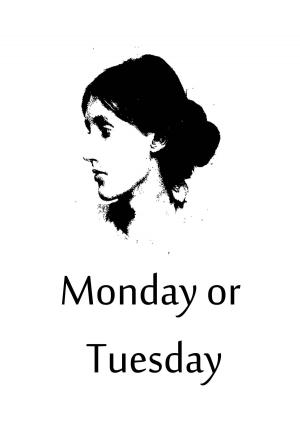| Author: | Rudolf Virchow | ISBN: | 1230000036263 |
| Publisher: | Zhingoora Books | Publication: | December 3, 2012 |
| Imprint: | Language: | English |
| Author: | Rudolf Virchow |
| ISBN: | 1230000036263 |
| Publisher: | Zhingoora Books |
| Publication: | December 3, 2012 |
| Imprint: | |
| Language: | English |
Christmas Summary Classics
This series contains summary of Classic books such as Emma, Arne, Arabian Nights, Pride and prejudice, Tower of London, Wealth of Nations etc. Each book is specially crafted after reading complete book in less than 30 pages. One who wants to get joy of book reading especially in very less time can go for it.
RUDOLF VIRCHOW
Cellular Pathology
Rudolf Virchow, the son of a small farmer and shopkeeper, was born at Schivelbein, in Pomerania, on October 13, 1821. He graduated in medicine at Berlin, and was appointed lecturer at the University, but his political enthusiasm brought him into disfavour. In 1849 he was removed to Wurzburg, where he was made professor of pathology, but in 1856 he returned to Berlin as Professor and Director of the Pathological Institute, and there acquired world-wide fame. His celebrated work, "Cellular Pathology as based on Histology," published in 1856, marks a distinct epoch in the science. Virchow established what Lord Lister describes as "the true and fertile doctrine that every morbid structure consists of cells which have been derived from pre-existing cells as a progeny." Virchow was not only distinguished as a pathologist, he also gained considerable fame as an archæologist and anthropologist. During the wars of 1866 and 1870–71, he equipped and drilled hospital corps and ambulance squads, and superintended hospital trains and the Berlin military hospital. War over, he directed his attention to sanitation and the sewage problems of Berlin. Virchow was a voluminous author on a variety of subjects, perhaps his most well-known works being "Famine Fever" and "Freedom of Science." He died on September 5, 1902.
Christmas Summary Classics
This series contains summary of Classic books such as Emma, Arne, Arabian Nights, Pride and prejudice, Tower of London, Wealth of Nations etc. Each book is specially crafted after reading complete book in less than 30 pages. One who wants to get joy of book reading especially in very less time can go for it.
RUDOLF VIRCHOW
Cellular Pathology
Rudolf Virchow, the son of a small farmer and shopkeeper, was born at Schivelbein, in Pomerania, on October 13, 1821. He graduated in medicine at Berlin, and was appointed lecturer at the University, but his political enthusiasm brought him into disfavour. In 1849 he was removed to Wurzburg, where he was made professor of pathology, but in 1856 he returned to Berlin as Professor and Director of the Pathological Institute, and there acquired world-wide fame. His celebrated work, "Cellular Pathology as based on Histology," published in 1856, marks a distinct epoch in the science. Virchow established what Lord Lister describes as "the true and fertile doctrine that every morbid structure consists of cells which have been derived from pre-existing cells as a progeny." Virchow was not only distinguished as a pathologist, he also gained considerable fame as an archæologist and anthropologist. During the wars of 1866 and 1870–71, he equipped and drilled hospital corps and ambulance squads, and superintended hospital trains and the Berlin military hospital. War over, he directed his attention to sanitation and the sewage problems of Berlin. Virchow was a voluminous author on a variety of subjects, perhaps his most well-known works being "Famine Fever" and "Freedom of Science." He died on September 5, 1902.
![Cover of the book Cellular Pathology [Christmas Summary Classics] by Rudolf Virchow, Zhingoora Books](https://www.kuoky.com/images/2012/december/500x500/1230000036263-MgPv_500x.jpg)
![Cover of the book The Scottish Chiefs [Christmas Summary Classics] by Rudolf Virchow](https://www.kuoky.com/images/2012/december/300x300/1230000036885-rmUs_300x.jpg)
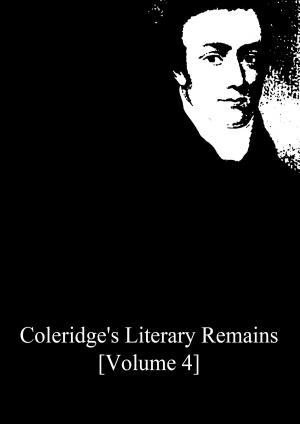

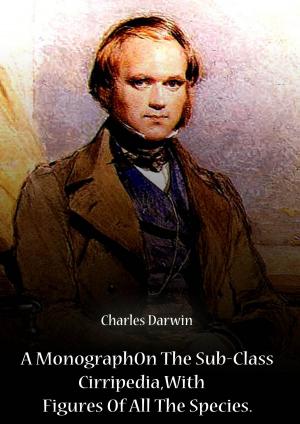


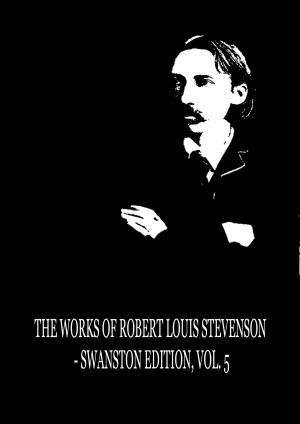
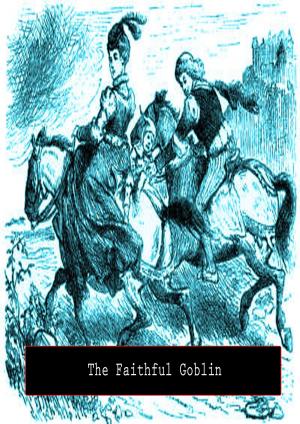

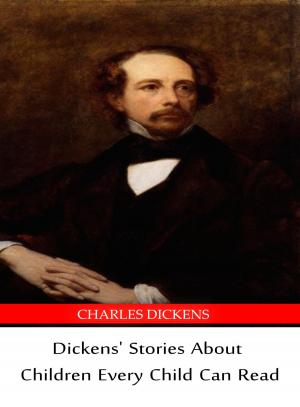
![Cover of the book The Potato Child & Others [Christmas Summary Classics] by Rudolf Virchow](https://www.kuoky.com/images/2012/october/300x300/1230000024224-mlwd_300x.jpg)

![Cover of the book Teach Your Kids About Country Flags [Vol 24] by Rudolf Virchow](https://www.kuoky.com/images/2012/november/300x300/1230000029595-eJBt_300x.jpg)
![Cover of the book Hesperus [Christmas Summary Classics] by Rudolf Virchow](https://www.kuoky.com/images/2012/december/300x300/1230000036843-BeyR_300x.jpg)
